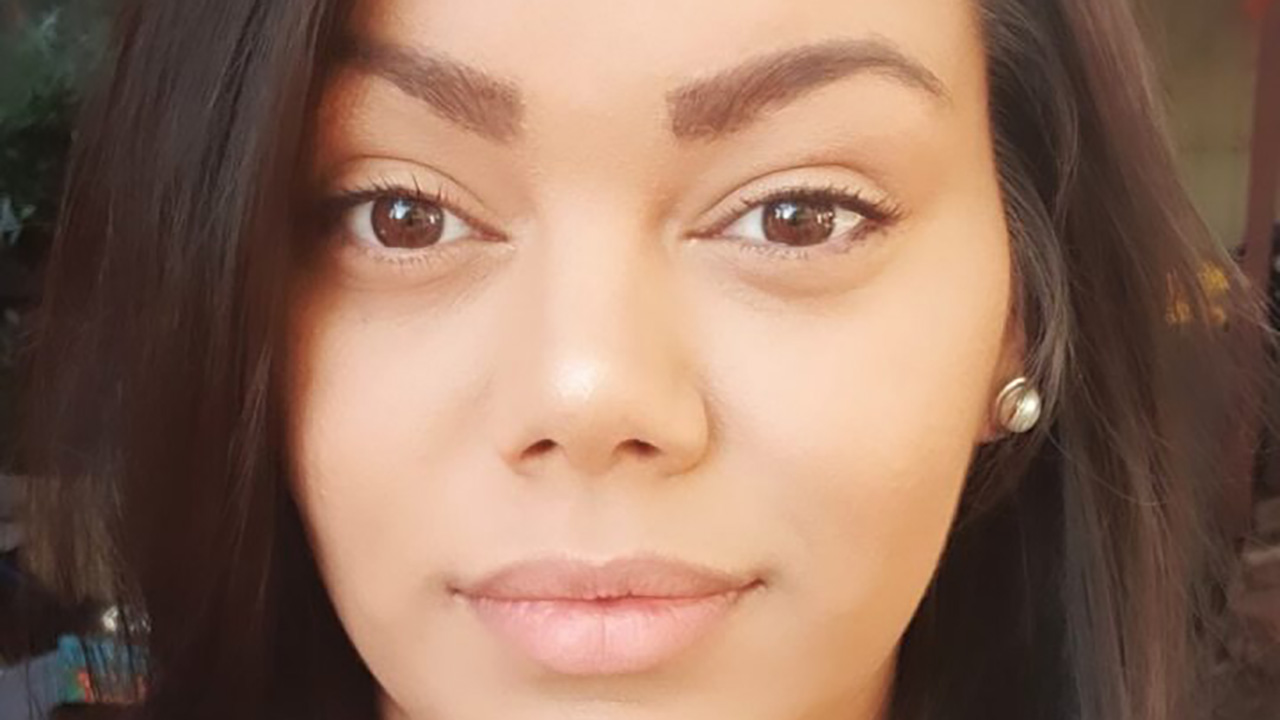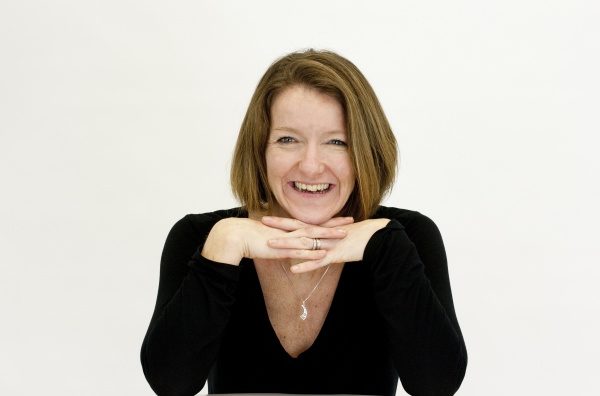The growing movement for First Nations musicians to own their voices

As more First Nations musicians find mainstream success, the music industry has increasingly moved to ensure diversity, representation and acknowledgement occurs, and doors are being opened. But more work needs to be done, according to an online seminar held on December 4.
The seminar was organised by the Association of Artist Managers (AAM) and Warner Music Australia as part of their joint six-year-old First Nations Mentorship program for artist managers, which has opened for applications for 2020/2021.
The panel was made up of Walpiri, Gurindji and Jawoyn artist manager Cerisa Grant; Gubbi Gubbi and Wiradjuri artist and curator Alethea Beetson; Yalanji woman and singer Deline Briscoe; Torres Strait Islander (Ugar/Erub) and lawyer Kerry Kennell; Gamilaroi and Wiradjuri hip-hopper Brendon Boney; and Murrawarri Republic member and rapper Dobby.
Kennell explained that Indigenous music was so intertwined with culture that music events were about sharing knowledge and providing a space where elder and younger generations were made welcome.
Dobby expanded, “That my people were warriors provides the spirit in my music. My music is as much about raising awareness of racism as reclaiming language and (being concerned) about rivers drying up.”
The main criticism was the lingering negative of tokenism, whether it was the feel-good appointments of First Nations executives without wanting their unique input, of only being interested in artists who sing about land rights, of not realising that First Nations tribes have as much differences as commonality, or of promoters who program black acts in a show for ‘diversity’ but pay them $200 while others get $1,000 each.
“Tokenism is offensive and insulting,” said Briscoe, adding that being put in a box affects the mental health of creative people.
The answer was unanimous: more leadership and decision-making in First Nations companies (like Briggs’ Bad Apples and Barpirdhila Foundation in the contemporary music space) to ensure the right message gets out there.
The panel cited the August incident when ABC TV’s Q+A deemed the song Ziggy Ramo wanted to perform, ‘April 25th’, as offensive to Anzacs and opted for ‘Stand For Something’, although it did allow him to explain the song on-air during the panel.
Cerisa Grant told TMN post-seminar, “If they had taken the time to listen to that song, it wasn’t downgrading anyone, but in fact uplifting and uniting.
“Our voices being suppressed because they are not allowed to be presented the way we want it presented. We are telling the truth, and the truth is being diluted.”
Katherine-born Melbourne-based Grant, who manages rapper Lil Kootise, was a recipient of the mentorship program in 2019, and says, “It was a very insightful course.” Artist manager Heath Bradby (Thelma Plum, Karnivool) taught her about the structure and expanding roles of management, booking shows, and mapping out releases. There were workshops at Sydney’s creative business Compton School, covering leadership, finance, strategy and decision-making.
One-on-one meetings with different divisions at Warner Music “got me in contact with some amazing people”.
It also gave her greater insight into the mechanism of labels to help her artists gain an effective advantage, and also on how to set up a label.
Grant promotes concerts with a focus on the growing Yawulyu shows supporting First Nations women, girls, non-binary and transgender artists.
“That’s not to say I exclude others, but my main focus is Indigenous female musicians because music is a huge part of my culture and supporting my mob is a huge part of my growth,” she says.
“The percentage of Indigenous musicians becoming successful is still very low. I want to elevate black excellence and provide that.
“But also there are not enough non-Indigenous managers out there who understand the cultural side of artist management and performance, and make sure they’re performing in a culturally-safe space.”
It was Bradby, one-time AAM board member and Warner A&R head, who in 2014 pitched the idea of the mentorship to Warner’s then managing director Tony Harlow who agreed to help fund it.
“It was investing and giving opportunities to First Nation artists,” explains Warner Music general manager & SVP Marketing Australasia Beth Appleton.
“It’s about giving them that power so that their voices can be heard the way they should be.”
Appleton says the relationship is equally about Warner learning about First Nations culture and being respectful.
“You’ve got to make sure you have the right infrastructure at the label, any company in fact, to ensure you’re a welcoming and supportive employer for anyone you’re engaging with.
“You need awareness, understanding and bring in all diverse elements into a company so you can be a great part of the community.”

Beth Appleton
Warner’s First Nations acts include Thelma Plum and 18-year old singer-songwriter Budjerah from Budjalung Nation whose ‘Missing You’ was most played record on triple j. Warner also reps Archie Roach’s catalogue, and released three Busby Marou albums.
Six months ago, Warner set up a diversity, equity and inclusion group which works on a number of pillars. These include representation and acknowledgement – every meeting at the label recognises the land it is held in – being trained by specialists on First Nations culture and policies on sourcing work with First Nations companies or those with Indigenous employees.
In 2020/21, the program expands to three recipients – two First Nations managers at any stage of their career, and a third who wants to become a manager.
Apply for the AAM/Warner Music First Nations Mentor Program here.


































